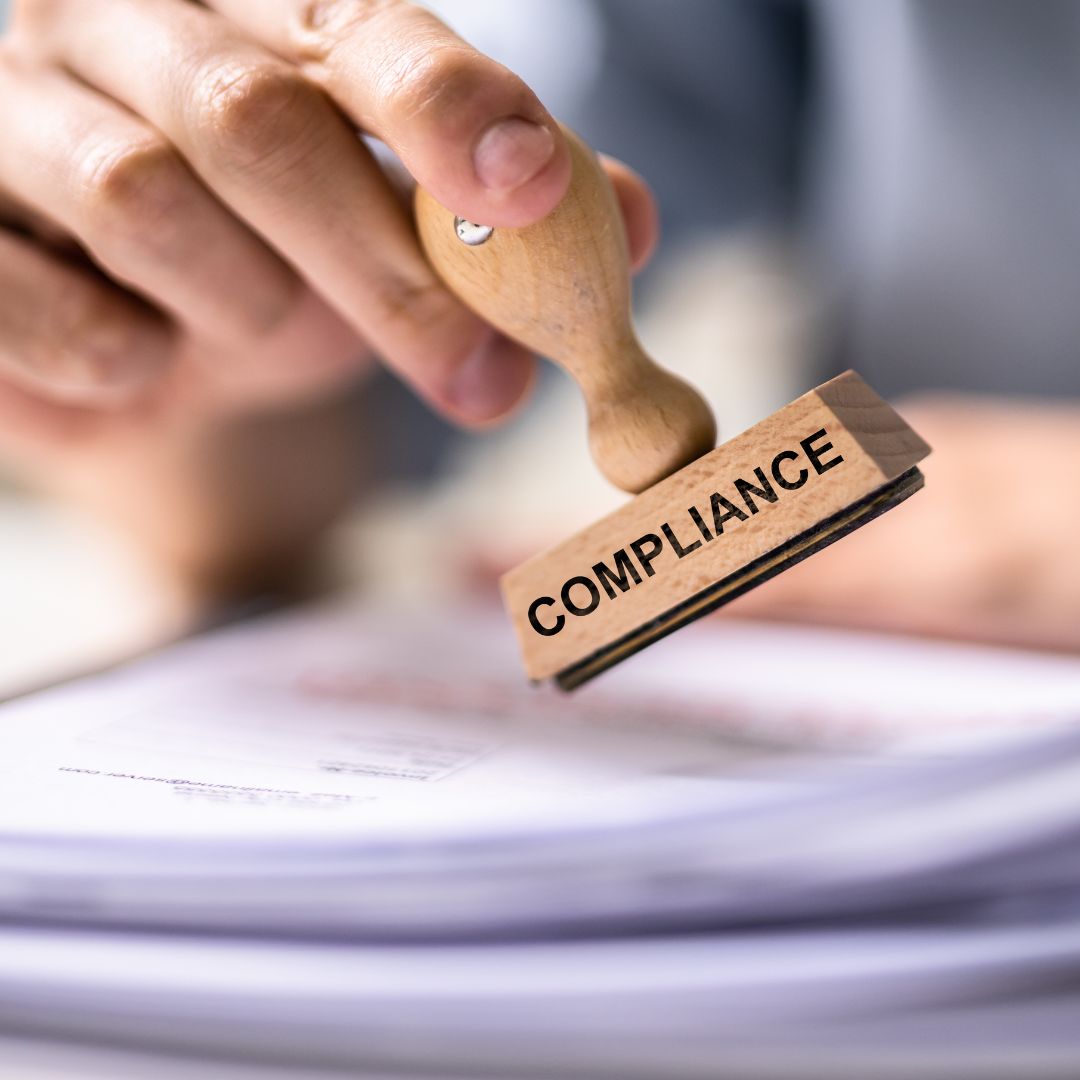FICA Compliance Made Simple: What It Is, Why It Matters, and How to Get It Right
If you're involved in South Africa’s financial, legal, property, or high-value goods sectors,
chances are you’ve heard of FICA — the Financial Intelligence Centre Act. But what exactly does
it entail? Why is it important? And what steps do you need to take to become (and stay) compliant?
Let’s break it down in a straight forward and practical way.
What is FICA?
The Financial Intelligence Centre Act (FICA) is South Africa’s cornerstone legislation for combating financial crime and terrorism financing. It requires certain businesses—referred to as “accountable institutions”—to implement rigorous Know Your Customer (KYC) processes.
These measures include verifying client identities, monitoring transactions, and reporting anything suspicious. FICA was significantly updated in 2017 to align with global standards set by the Financial Action Task Force (FATF).
Why Does FICA Matter?
In short, FICA helps protect the integrity of South Africa’s financial system. Financial crimes like fraud and money laundering aren’t just abstract threats—they can destabilize economies, damage business reputations, and fund serious criminal activity.
Common Types of Financial Crimes:
- Fraud – Manipulating financial data or stealing assets.
- Cybercrime – Hacking or data theft targeting financial systems.
- Money Laundering – Disguising illegally obtained money as legitimate income.
- Insider Trading – Trading based on confidential company information.
- Terrorist Financing – Providing funds to support terrorist activity.
- Corruption – Bribery and abuse of power for personal gain.
- Tax Evasion – Illegally avoiding taxes through misreporting.
Who Needs to Be FICA Compliant?
FICA applies to a broad range of businesses and professionals, including:
- Financial Service Providers (FSPs)
- Legal and Property Practitioners
- Motor Vehicle and High-Value Goods Dealers
- Crypto Asset Service Providers (CASPs)
If your business falls under the definition of an “accountable institution” in Schedule 1 of the Act, FICA compliance is a legal requirement.
The Impact of FICA
Implementing FICA has brought several key benefits to South Africa’s financial landscape:
- Enhanced Security: Less opportunity for criminal exploitation.
- Greater Transparency: Easier to trace financial transactions.
- Global Alignment: Keeps South Africa in step with international best practices.
What Are the Key FICA Requirements?
To comply with FICA, businesses must follow a few core principles:
- Client Identification & Verification: Know who you’re dealing with.
- Record-Keeping: Keep track of transactions and customer info.
- Suspicious Activity Reporting: Alert the Financial Intelligence Centre (FIC) to anything out of the ordinary.
- Ongoing Due Diligence: Monitor client relationships continuously.
- Staff Training: Ensure employees understand and follow compliance protocols.
How Do I Become FICA Compliant?
Becoming compliant may seem overwhelming, but it’s entirely manageable with the right steps—and the right tools.
Here’s what you need to do:
-
Register with the FIC
Use the goAML platform. Registration is free and must be completed within 90 days of starting operations. -
Appoint a Compliance Officer
This person will oversee your Anti-Money Laundering (AML) and Combating the Financing of Terrorism (CFT) efforts. -
Create a Risk Management and Compliance Program (RMCP)
Your RMCP should outline how your business identifies, assesses, and manages financial crime risks. -
Perform Customer Due Diligence (CDD)
Verify the identity, location, and economic background of each client. Assign risk levels accordingly and monitor their activity. -
Report Suspicious Transactions
If anything seems off, report it to the FIC promptly. -
Keep Accurate Records
Maintain clear records of all due diligence, transactions, and client information. -
Train Your Team
Employees need to be well-versed in compliance best practices. -
Stay Vigilant
Regularly update client data and refine your compliance strategy as needed.
Simplify Compliance with Tools Like AML GO
Luckily, you don’t have to do it all alone. Platforms like AML GO make FICA compliance simpler and more efficient.
AML GO Provides:
- Anti-Money Laundering screening
- PEP and Sanctions checks
- Risk rating assessments
- Bank account and statement verification
Whether you're onboarding clients or assessing risk, AML GO can streamline your compliance efforts and keep your business protected.
Contact AML GO at 012 001 8861 or email [email protected]
or visit amlgo.co.za
Staying FICA compliant is about more than just ticking boxes—it’s about safeguarding your business and contributing to a safer financial environment in South Africa. With the right tools and knowledge, compliance becomes less of a burden and more of a business advantage.
Have questions about FICA or need help getting started? Drop a comment or get in touch—we’re here to help!
Contact ACPAS for details
Contact Us today for more information about our automated Loan Management System (LMS) where we can help you manage your customers and stay FICA compliant!







